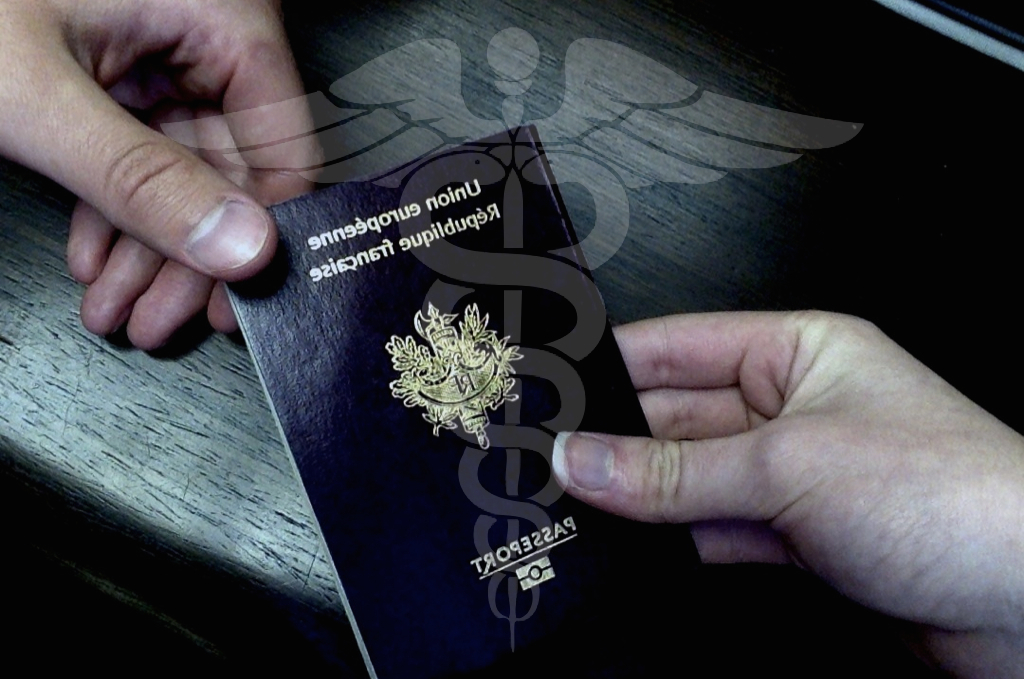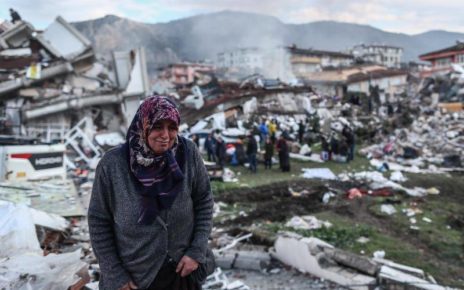Between the World Health Organisation’s designation of a new polio pandemic, the arguable dawn of a post-antibiotic era, the enduring Obama-care debate and the return of measles to North America, it is safe to say that healthcare has been a dominant topic in this year’s international headlines.
Over the last few decades, health has been increasingly recognised as a key player in the maintenance of global stability and security. The incessant movement of people, food and medical products across national borders, although facilitating economic globalisation, has equally allowed health threats to travel faster and in unpredictable patterns. In order to fight this added vulnerability, states are constantly called upon to review the efficiency and affordability of their health policies.
Interestingly, the globalisation of health threats has yet to spur any parallel globalisation in official healthcare responses. Countries’ health policies remain focused on the improvement of their domestic systems despite the arguable drawbacks of such a micro-level approach. This platform mis-match whereby domestic policies attempt to tackle global threats has so far only been countered by one, citizen-lead, highly controversial movement: medical tourism.
Medical tourism, or health tourism, is broadly defined as the travel of patients to another country in order to obtain a particular medical treatment. Each year, an estimated 11 million patients take a cross-border leap of faith, collectively spending an approximate $38.5-55 billion. Top destinations include Brazil, Costa Rica, India, Korea, Malaysia, Singapore, South Korea, Taiwan, Thailand and Turkey.
Medical tourism is often portrayed by the media as a dangerous alternative. Many individuals associate the term with pixelated images of botched cosmetic procedures, unmentioned side effects, rushed returns in comatose states and panicked trips to the emergency room… An array of newscasts, televised interviews, government reports or newspaper articles actively condemn the practice, continuously citing the high risks patients expose themselves to.
This poor reputation obviously doesn’t do justice to that which actually constitutes a rather promising phenomenon. Just as in every industry, medical tourism does contain abusive suppliers who take advantage of desperately naïve consumers. These suppliers, however, represent a minority of those offering their services on the international market. Often unmentioned in the press is the other, benevolent and accredited majority of medical professionals whose global marketing strategy may foreshadow the future of healthcare.
Medical tourism first emerged as an answer to the various shortcomings of domestic healthcare systems. By travelling abroad, patients could bypass nationally imposed restrictions on certain medical procedures. For instance, every year, thousands of Irish women travel to the United Kingdom to have abortions, a procedure banned back home for ethical reasons.
By travelling abroad, patients can also avoid long waiting lists. The UK’s National Health Service, prone to unreasonable waiting times for routine procedures, has been sending patients on reimbursable trips to foreign hospitals since 2002.
Finally, for individuals whose health insurance proves limited in its reimbursement abilities, medical tourism is their open window in a room piled high with crushing hospital bills. By merely crossing the border into Mexico, a US resident can save over $100,000 on heart bypass surgery, $30,000 on a hip replacement, $10,000 on a mastectomy, and the list goes on.
Often unmentioned in the press is the other, benevolent and accredited majority of medical professionals whose global marketing strategy may foreshadow the future of healthcare.
Many would counter that the above procedures are cheaper due to their lower quality. However, investigations have repeatedly found that an increasing number of foreign hospitals perfectly conform to Western standards. So far, over 600 hospitals and clinics have received accreditation from the US-based Joint Commission International (JCI). This should never have come as a surprise given that 25% of doctors practicing in the US graduated abroad, many of them from medical schools located in developing countries.
Medical tourism is not a short-term fad we should discredit out of unsubstantiated fear: it is a golden opportunity we can’t afford not to regulate. Beyond the benefits it offers to its foreign patients, medical tourism can also foster development in local communities. The steady revenue garnered from foreign patients can be re-directed towards local health infrastructures.
By virtue of treating individuals from “developed nations”, foreign hospitals also gain prestige and stand a higher chance when applying for funds or grants. Furthermore, the World Bank has found that this increase in international recognition has started to reverse the “brain drain” process as local doctors working abroad return home.
For developed countries, opening up the healthcare market could reduce the mammoth price inflation recently witnessed by patients nationwide. In countries such as the US, health inflation has consistently outpaced economic growth, a gap in part due to the staggering amount of power held by for-profit insurance and drug companies. To expose the latter entities to an internationally competitive market would drive domestic prices down and increase overall efficiency, as many have already argued.
Most of the industry’s true shortcomings come from a lack of international oversight. One can easily predict how medical tourism would lend itself to the advertisement and undertaking of dangerous, morally ambiguous procedures. However, existing platforms such as the World Health Organisation could be used to penalise market fraud, monitor reports of abuse and prevent slippery moral slopes. One might even imagine their organising different regions into different areas of specialisation, incentivising efficient trade without the traditional risk of causing domestic discrepancies.
In the long term, medical tourism could even mark the first, baby step towards a truly universal healthcare system now able to tackle global threats. Once accredited, hospitals are able to join an internationally endorsed platform for cooperation. Their increased communication and harmonised standards would improve their ability to jointly combat an emerging epidemic — an ability many believe could have single-handedly prevented past outbreaks. Furthermore, the worldwide use of one, agreed upon, closely monitored treatment would prevent the disease at hand from becoming antibiotic resistant.
These are not changes that can happen overnight, in the next few years, or even in the next few decades. However, as our global interconnectedness flourishes, we simply cannot afford to treat any given field in an isolated manner — healthcare included. The greater the frequency with which resistant bacterias vacation around the globe, the weaker our ability not to consider healthcare globalisation.
Why wait?





